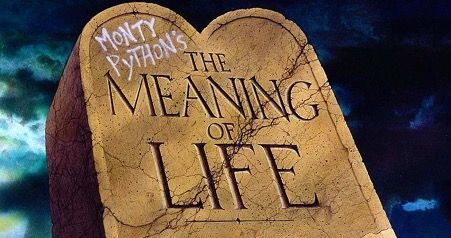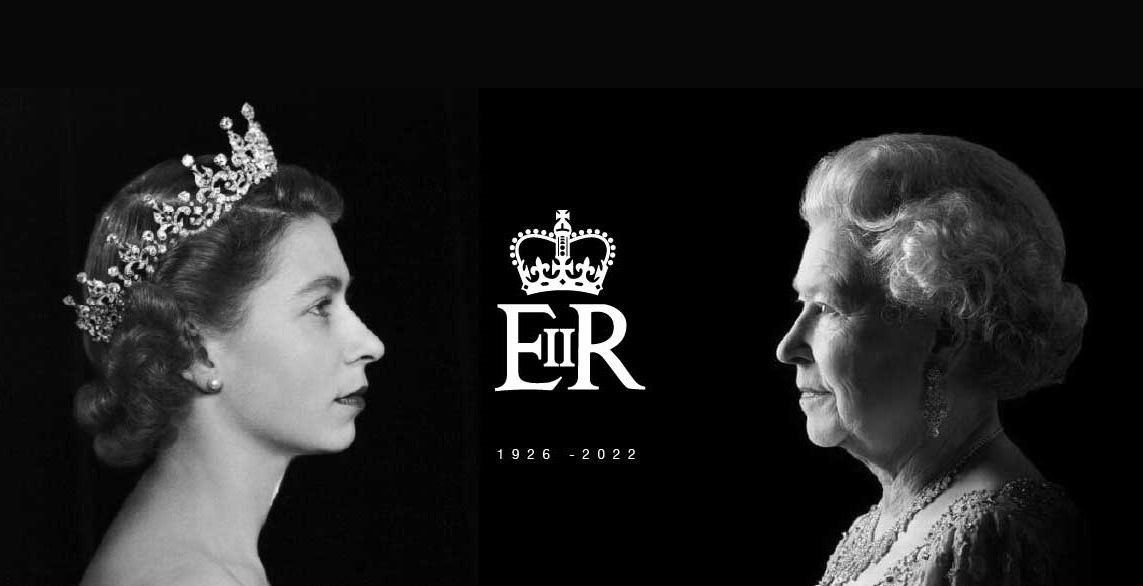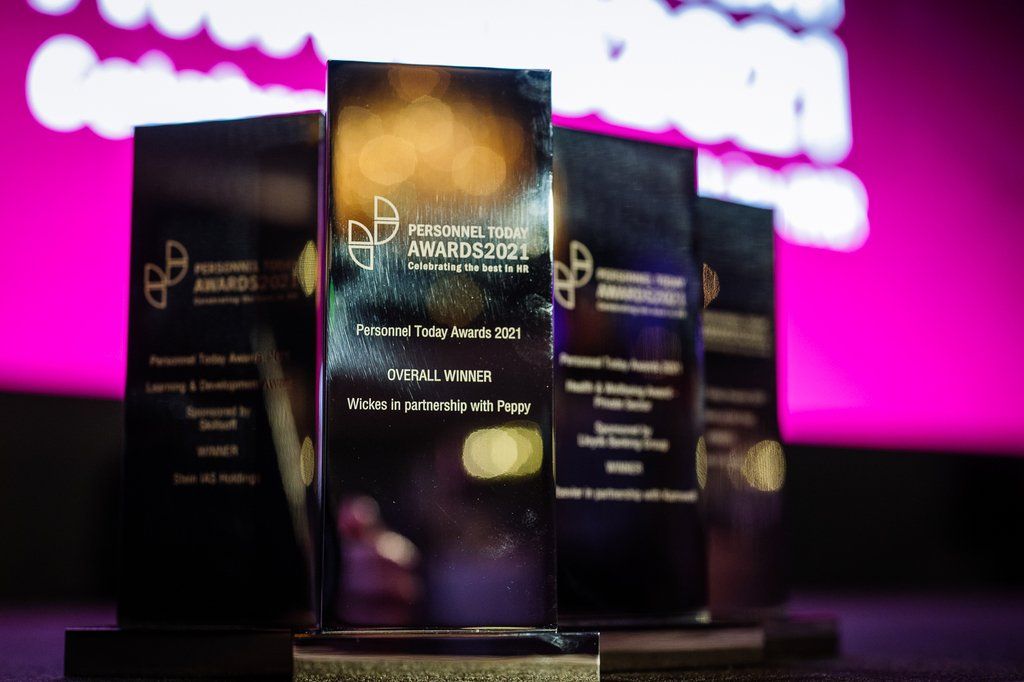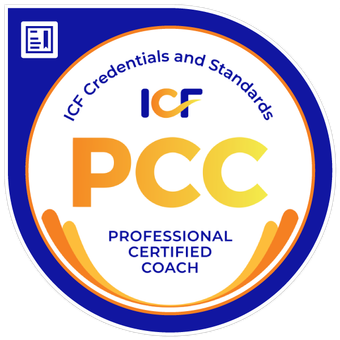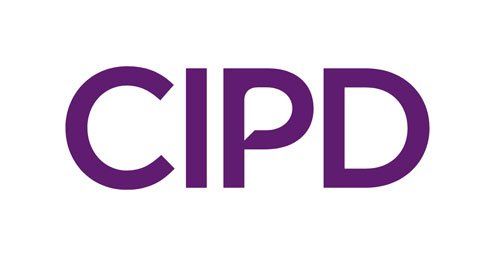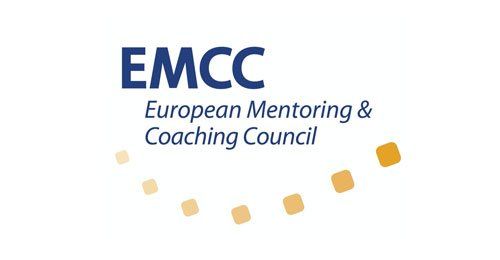Designing Organisational Culture
Investing time and energy in articulating the purpose, core values and direction of your business is never a wasted exercise.
It’s not uncommon for companies which are very clear on the WHAT (products and services, financial strategy, supply chains), the WHERE (market place, logistics) and the WHO (client base, suppliers, leadership and workforce) of their business to almost completely overlook the HOW.
At an individual contributor level, we know that when it comes to setting effective goals for ourselves, we need to pay as much attention to the behaviours that support delivery as we do to the deliverables themselves. What is the point of smashing that sales target if our clients don’t trust us and at the earliest opportunity will be looking to go elsewhere?
Research indicates that organisations that actively set the strategy for corporate culture (the HOW) are much more successful in creating the climate and environment to impact positively all the WHATs, WHEREs and WHOs of the overall business vision.
The notion that culture is linked to levels employee engagement and brand reputation is not new. Research indicates that positive and intentional workplace cultures are linked to an increase of around 30% on bottom line results – whether that is profit, market share, talent retention or innovation and creation. So why wouldn’t senior teams take time out to think about this stuff?
What is Culture?
So, what is culture and how can an organisation – big or small – be intentional about the culture it wants to create in order to support the results it wants to see?
Think about how you measure culture for a moment. What is it that tells you ‘the way things are around here’ about any organisation or group. Plainly speaking, culture is defined as the attitudes and behaviour characteristic of a particular social group. That doesn’t mean that everybody within that group subscribes to those attitudes or demonstrates those behaviours, but when taken collectively, there will be identifiable and discernable patterns that mark out a group or organisation.
Specialists who work with corporate cultures can often tell a great deal about an organisation’s culture in the first five minutes of being ‘on site’. What’s in the car park for example? Are there disabled parking spaces? Do certain high ranking seniors have a named space? What about the reception area? Is it formal, edgy, cool, relaxed, homely? What are people wearing? What temperature is the office? (Men typically prefer a cooler climate to their female counterparts and in my experience it is often the case that organisations with a male-centric culture have colder offices!)
The same is true in the virtual world. What happens at the start of a Teams call? Is it cameras on or off? Do we use the chat, mute ourselves, raise a digital hand? Depending on the cultural context, the answers to these will vary from organisation to organisation and even from team to team.
Designing Organisational Culture – What to Expect
As with most developmental journeys, the first stage is raising awareness: What do we do here? What are our patterns? Our norms? We assess what is already in place and then look to make the space for changes towards what might be better.
One of the best ways – but not the only way – of making these changes, is for senior leadership teams to work with an organisational culture consultant who will help the business to design a corporate culture that embodies the organisation’s key values, vision and overall mission.
Typically, a consultant would work with the senior team to establish key requirements. Are you a new business looking to establish your business model, building in a defined cultural ideal from the get go? Are you merging with another organisation and having to manage the coming together of two disparate cultural systems? Are you upgrading, down-sizing, restructuring?
Once the context and parameters of the requirements have been established, the culture design consultant would with the business to shape cultural goals. Very often using a cultural intelligence or culture index tool together with a series of group, and individual exercises, the consultant supports the business to articulate clearly the How We Will Do Things Here script. This may include agreed core values, a mission or purpose statement and may link to an organisation philosophy or set of beliefs that colour the way the business operates.
One of the biggest challenges for any organisation investing in this intentional way of addressing culture is to take it from a space of theory to reality.
Setting the Cultural Strategy
Setting the vision is only one part of the puzzle for developing a positive corporate culture. Once this has been defined, the next step is making it happen at all levels across the business. Many organisations have a beautifully and carefully defined cultural mission but fail to gain buy-in for it at any meaningful level. Our experience shows that there are two elements to getting this part of the story right.
Firstly, leaders who walk the walk and ‘model’ the values are key to getting buy-in. Very often leaders work will work 1:1 with executive coaches to help them embody the organisation’s cultural values in a way that is authentic, visible and inspirational to employees and clients alike.
Secondly, it’s about communication. A good culture design consultancy team will also support the business communications strategy, providing consultation, advice and input on ways to publicise and raise awareness around the vision, mission and key values.
Finally, it’s worth remembering that a cultural strategy is easily undermined. As an example, a business which has creativity, energy and fresh thinking at the heart of its cultural vision, but fails to invite its newest recruits to offer up ideas and new ways of working shoot itself in the foot at the first hurdle. Whilst it might be tempting to do this piece of work quickly and without support, the risks to your business in the longer term should not be ignored. Ultimately, every organisation has a culture – even if you didn’t design it. Is yours set up to deliver what you want?
If you would like to talk to one of our specialist consultants about your business culture, please contact us today for a free consultation.
If you find this article interesting or useful, please do share across social or via email.





